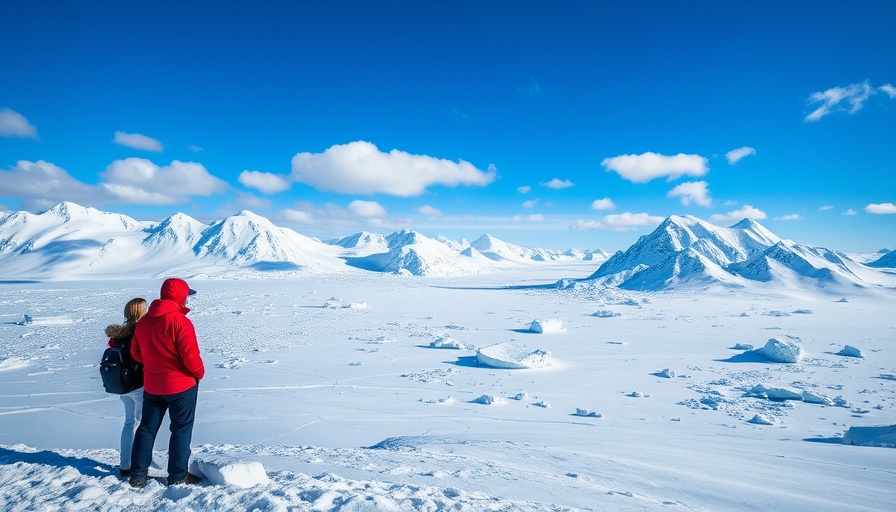
The Human Toll of Environmental Disasters
In the wake of catastrophic flooding on July 4, 2025, the chaotic aftermath along the Guadalupe River left many shaken and communities devastated. As excessive rainfall transformed the tranquil river into a surging torrent, lives were irreversibly altered. Particularly heartbreaking is the fate of the all-girls Camp Mystic, where campers and counselors now stand missing, hidden beneath the watery wreckage. Search and rescue teams tirelessly comb through debris, while families await news on their loved ones in a climate that deepens their torment.
The Controversy Surrounding Climate Discussions
As communities grapple with the unfolding tragedy, controversial statements emerge, further complicating the discourse surrounding environmental events. Marjorie Taylor Greene's remarks about the flooding have garnered a storm of criticism. In her post on X, Greene proposed a bill aimed at prohibiting atmospheric chemical interventions for weather manipulation. While her comments may stem from intentions of safeguarding public health, they inadvertently cast doubt on scientific discourse about potential climate interventions during times of crisis.
Misinterpretations and Misinformation
Greene’s insinuation—that this crisis could be tied to weather-modification practices—adds fuel to the fire of conspiracy theories. Her post came at a time when many were still grappling with the reality of loss. Misinformation like this can have a grounding effect on genuine climate discussions and may exacerbate the divide between scientific communities and the public.
Engagement and Responsibility
As the world watches the aftermath of such devastating flooding, it becomes crucial for political figures like Greene to wield their platform responsibly. Climate change is a pressing global issue that requires accurate dialogue and informed conversations. In these tumultuous times, it is essential to encourage fact-based public discourse rather than sensational conjecture that could distract from real solutions in confronting climate challenges.
 Add Row
Add Row  Add
Add 



Write A Comment